Private members' clubs: what's the point?
All-male establishments are under scrutiny as critics question the wider purpose of members' clubs in 21st century
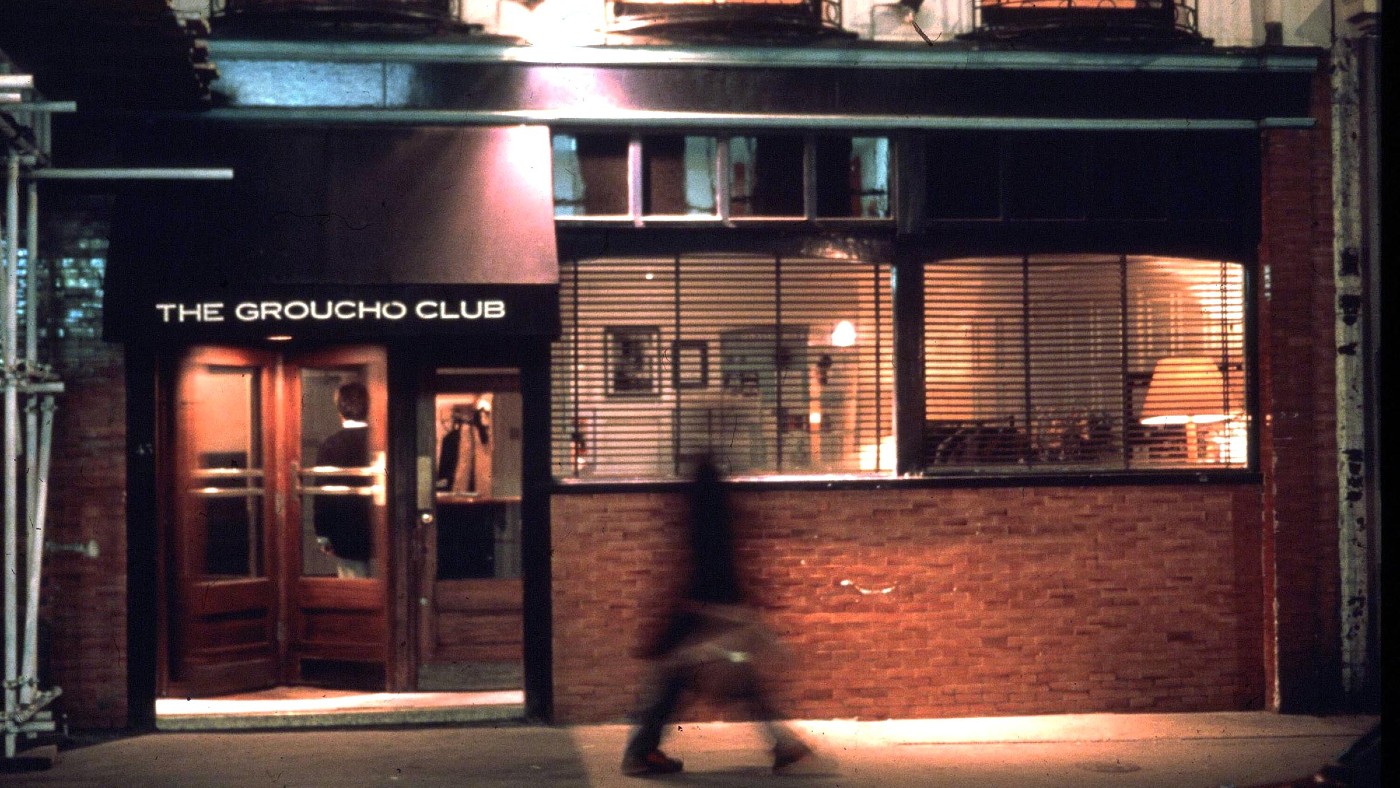
A free daily email with the biggest news stories of the day – and the best features from TheWeek.com
You are now subscribed
Your newsletter sign-up was successful
Another of London's private members' clubs is in the spotlight as scrutiny on such exclusive establishments intensifies.
Men-only club Buck's in Mayfair "is facing a revolt" among its members after "disgraced" hedge fund manager Crispin Odey was put forward to join, said the Financial Times. Odey has strenuously denied allegations against him of sexual assault and harassment, but a Buck's member told the paper that "he's just not someone we want to be associated with".
The row follows an investigation last month by The Guardian into the all-male members list of the Garrick Club, with two senior government officials resigning from the club after they were named.
The Week
Escape your echo chamber. Get the facts behind the news, plus analysis from multiple perspectives.

Sign up for The Week's Free Newsletters
From our morning news briefing to a weekly Good News Newsletter, get the best of The Week delivered directly to your inbox.
From our morning news briefing to a weekly Good News Newsletter, get the best of The Week delivered directly to your inbox.
'Out of date and wrong'
The controversies have renewed questions about what purpose members' clubs serve in the 21st century.
As workplaces and leisure facilities become more inclusive, "the most privileged desperately seek sanctuary in elite spaces, far away from madding crowds", said Yasmin Alibhai-Brown on the i news site. "Nepotism and old school ties, though still useful, no longer work as smoothly as they once did", but for members, "exclusive clubs are the counterforce to too much undesirable democratisation".
Places where those of similar interests "can meet and enjoy each other's company are valuable", said Garrick Club member Simon Jenkins in The Guardian. But the "exclusion of women from havens of civilised conversation and debate" is "out of date and wrong".
The current fracas about all-male members' clubs "is really an intra-elite struggle", wrote Josiah Gogerty for UnHerd. And the real question is why anyone would want to join such establishments. "The men in the Garrick, and the women who want to get in, do not properly understand the country they run."
A free daily email with the biggest news stories of the day – and the best features from TheWeek.com
'Comfortable haven in a wicked city'
Churches, working men's clubs and sports clubs all perform the same social function as private members' clubs, Robin Dunbar, professor of evolutionary psychology at Oxford, told the FT. All these groupings are where you “learnt to be a member of a community", he said. "We are very good at recognising those cues. It is the old school tie effect on a general scale."
But not all such alternatives to members' clubs offer a "comfortable haven in a wicked city, a safe space from the horrors of the outside world", said Nigel Jones in The Spectator. My gentleman's club, the Savile, is "a place where I can make new friends from all walks of life, and entertain old ones (including female ones)", as well as "educate myself" at talks and lectures, enjoy films, concerts and fine dining, and "rest my weary head at the end of the day: and all for under a grand a year".
Perhaps the biggest draw, said Kara Kennedy in The New Statesman, is that private members’ clubs "serve the same purpose as a shiny car on finance or the unread copy of 'War and Peace' on a bookshelf". Belonging to such establishments "makes you feel better about yourself and is – probably – cheaper and easier than therapy".
Jamie Timson is the UK news editor, curating The Week UK's daily morning newsletter and setting the agenda for the day's news output. He was first a member of the team from 2015 to 2019, progressing from intern to senior staff writer, and then rejoined in September 2022. As a founding panellist on “The Week Unwrapped” podcast, he has discussed politics, foreign affairs and conspiracy theories, sometimes separately, sometimes all at once. In between working at The Week, Jamie was a senior press officer at the Department for Transport, with a penchant for crisis communications, working on Brexit, the response to Covid-19 and HS2, among others.
-
 Political cartoons for February 15
Political cartoons for February 15Cartoons Sunday's political cartoons include political ventriloquism, Europe in the middle, and more
-
 The broken water companies failing England and Wales
The broken water companies failing England and WalesExplainer With rising bills, deteriorating river health and a lack of investment, regulators face an uphill battle to stabilise the industry
-
 A thrilling foodie city in northern Japan
A thrilling foodie city in northern JapanThe Week Recommends The food scene here is ‘unspoilt’ and ‘fun’
-
 Arcadia: Tom Stoppard’s ‘masterpiece’ makes a ‘triumphant’ return
Arcadia: Tom Stoppard’s ‘masterpiece’ makes a ‘triumphant’ returnThe Week Recommends Carrie Cracknell’s revival at the Old Vic ‘grips like a thriller’
-
 American Psycho: a ‘hypnotic’ adaptation of the Bret Easton Ellis classic
American Psycho: a ‘hypnotic’ adaptation of the Bret Easton Ellis classicThe Week Recommends Rupert Goold’s musical has ‘demonic razzle dazzle’ in spades
-
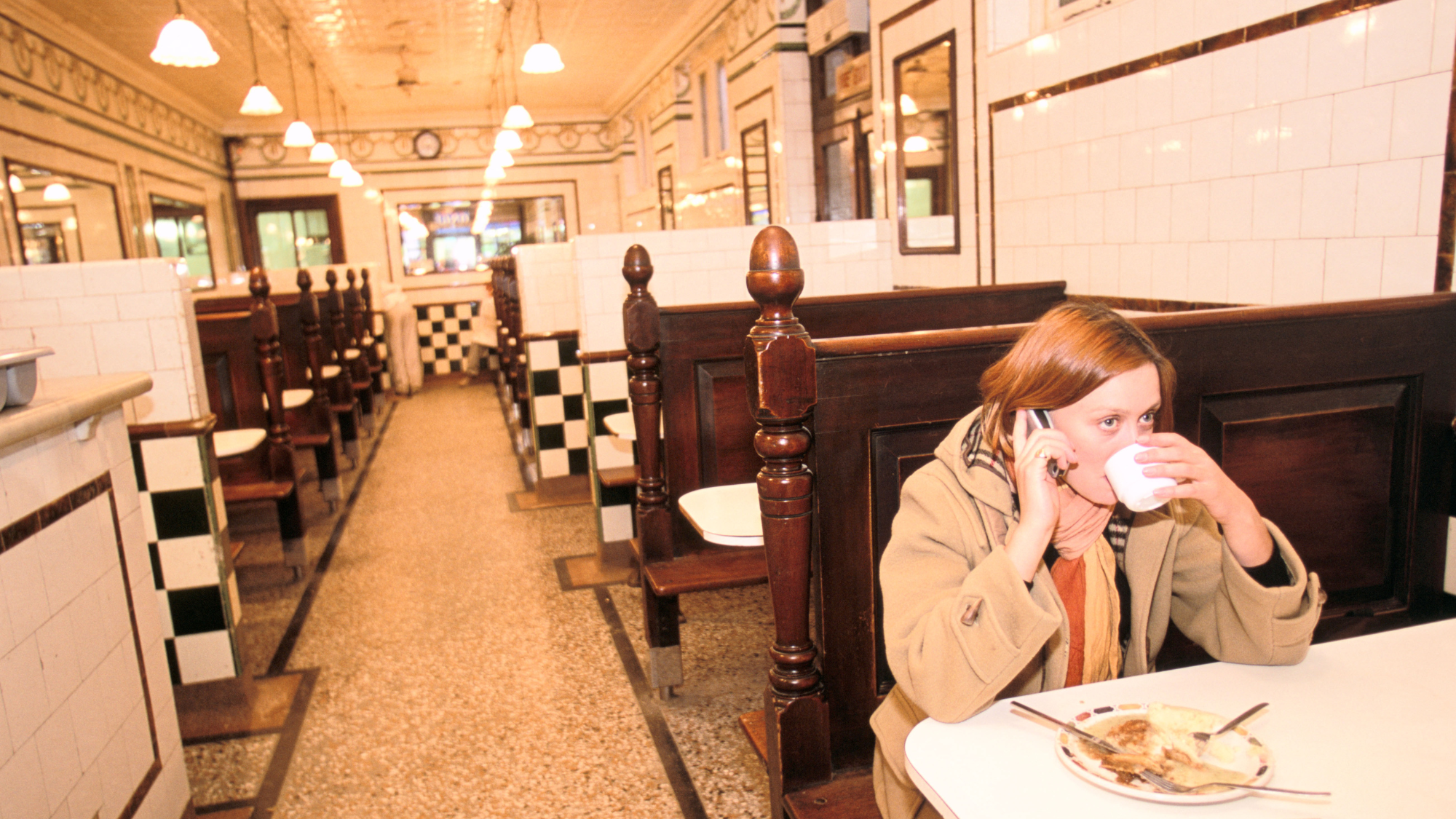 Can London’s pie and mash shops make a comeback?
Can London’s pie and mash shops make a comeback?Under the Radar Traditional East End eateries are on the ‘brink of extinction’ – but a younger generation is giving the Cockney cuisine an unexpected boost
-
 Breaking news: the rise of ‘smash hit’ rage rooms
Breaking news: the rise of ‘smash hit’ rage roomsUnder the Radar Paying to vent your anger on furniture is all the rage but experts are sceptical
-
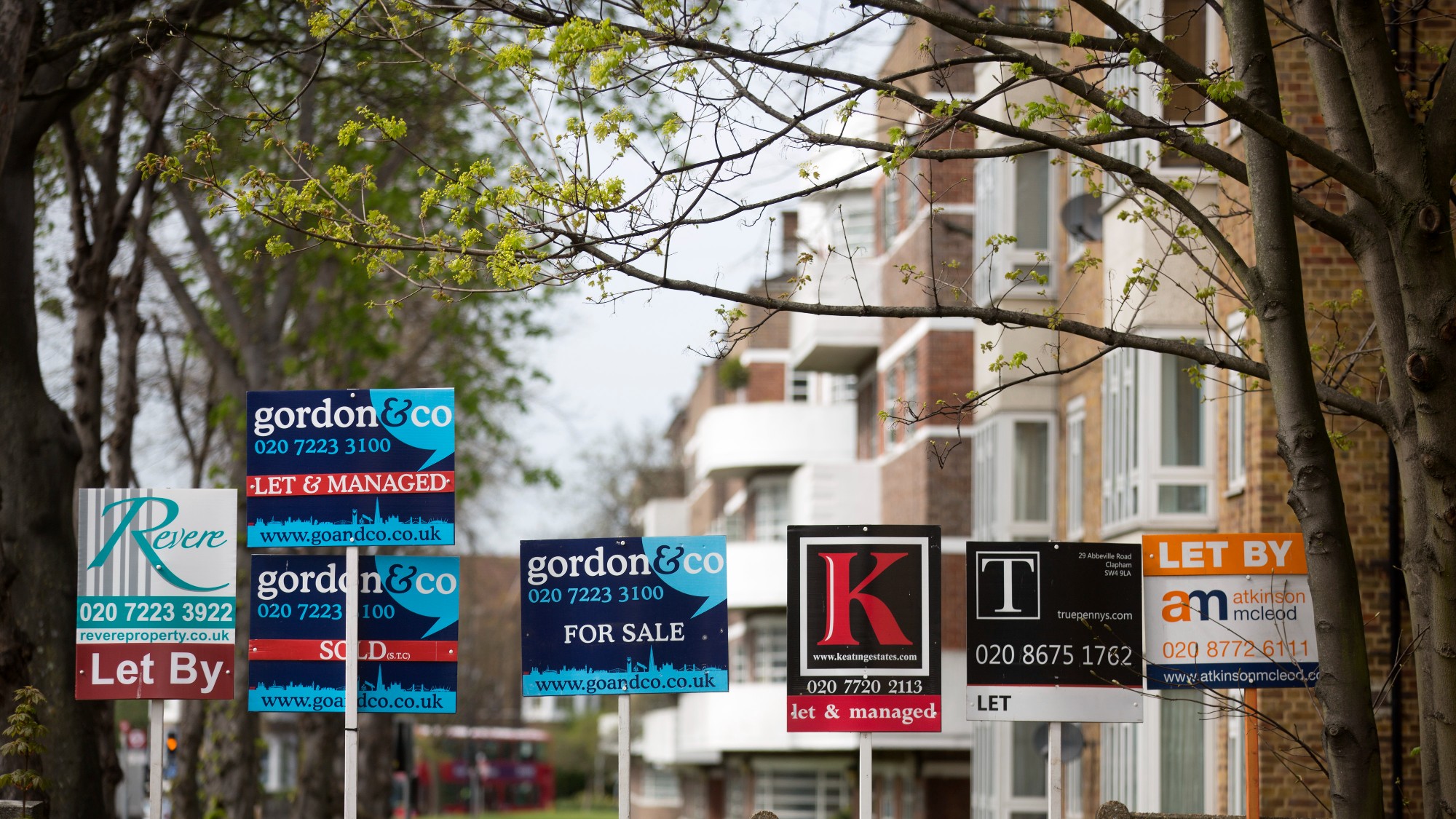 Why is London’s property market slumping?
Why is London’s property market slumping?Today's Big Question Some sellers have reported losses of hundreds of thousands of pounds
-
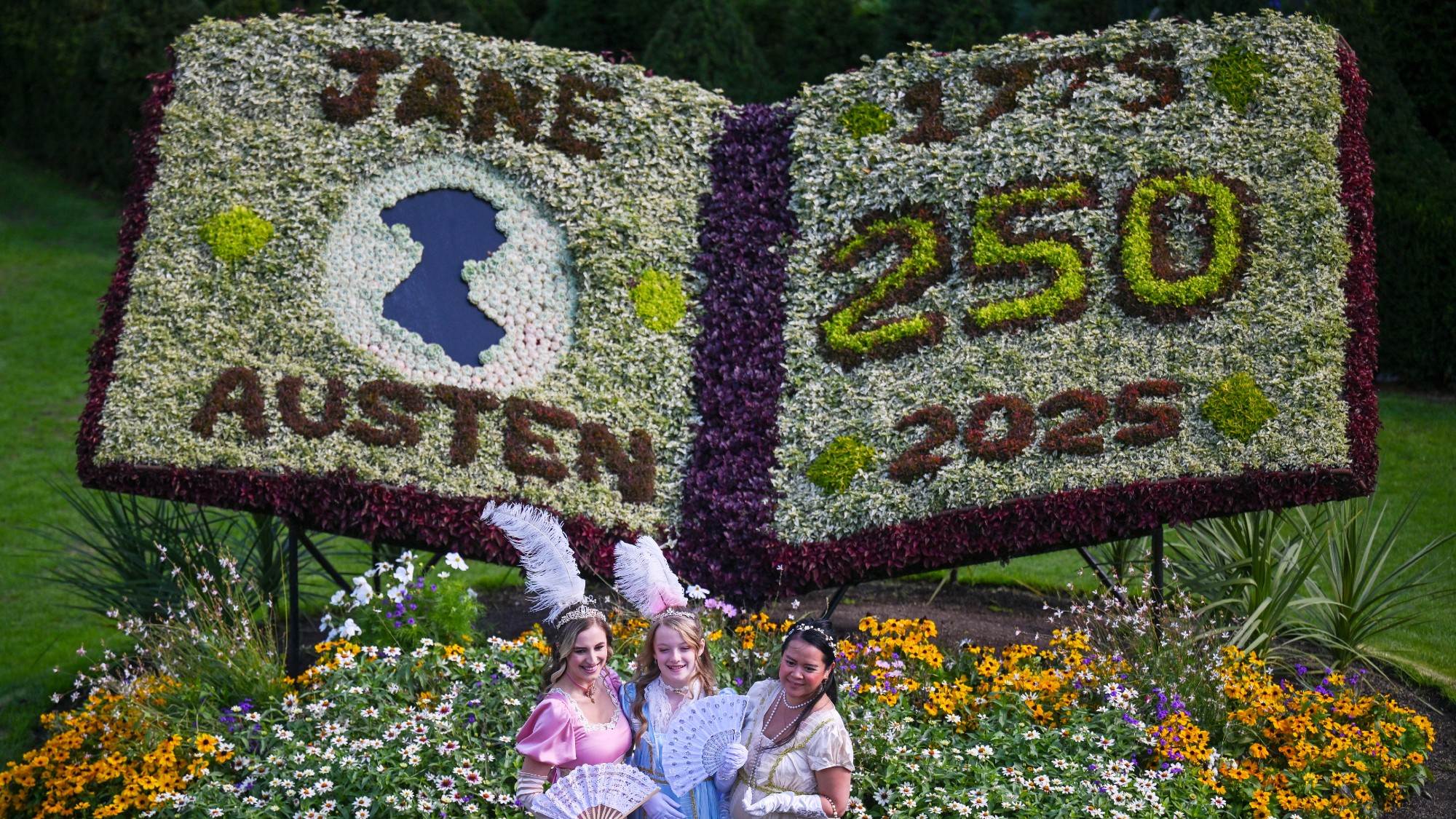 Jane Austen lives on at these timeless hotels
Jane Austen lives on at these timeless hotelsThe Week Recommends Here’s where to celebrate the writing legend’s 250th birthday
-
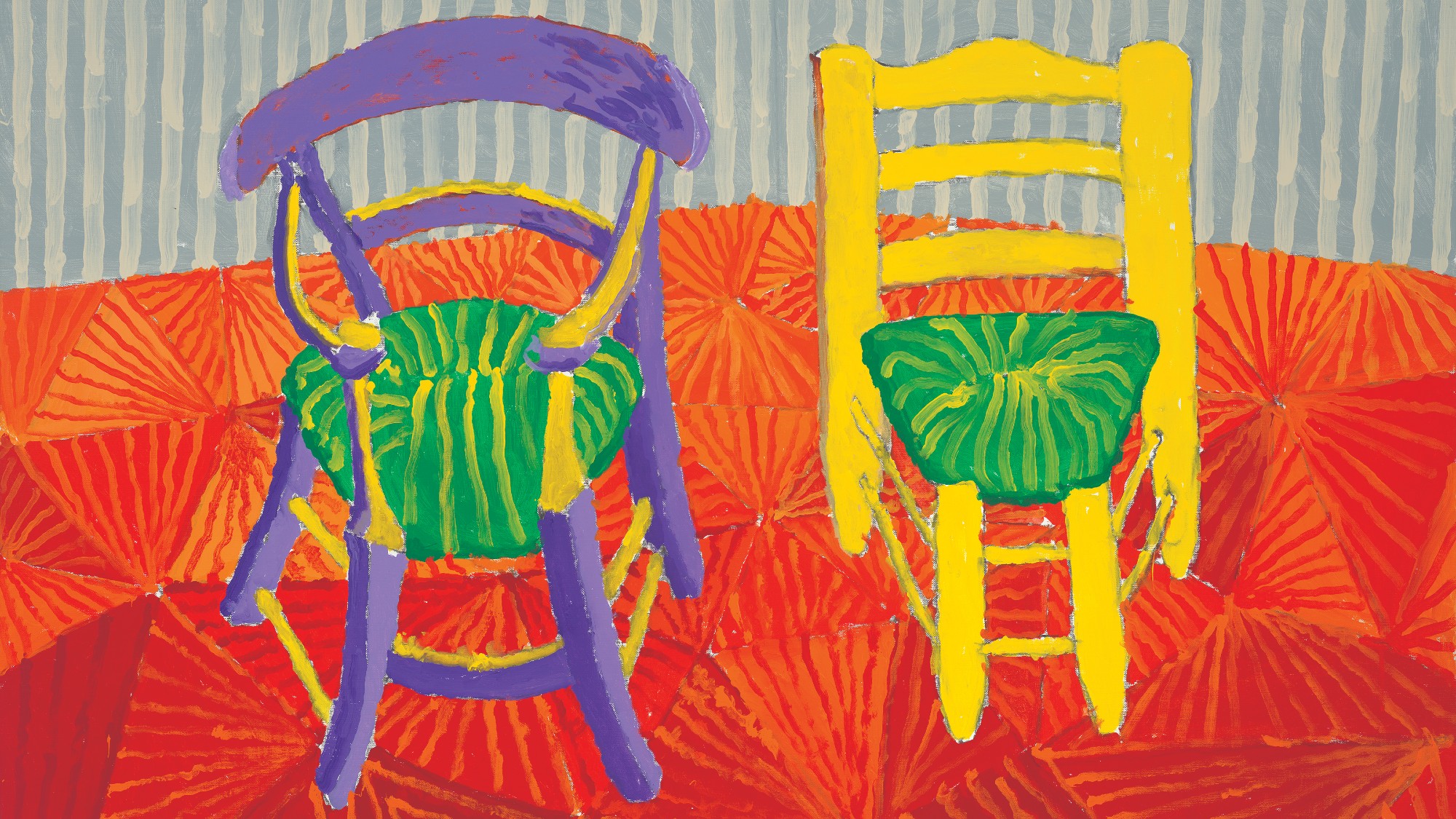 David Hockney at Annely Juda: an ‘eye-popping’ exhibition
David Hockney at Annely Juda: an ‘eye-popping’ exhibitionThe Week Recommends ‘Some Very, Very, Very New Paintings Not Yet Shown in Paris’ testifies to the artist’s ‘extraordinary vitality’ and ‘childlike curiosity’
-
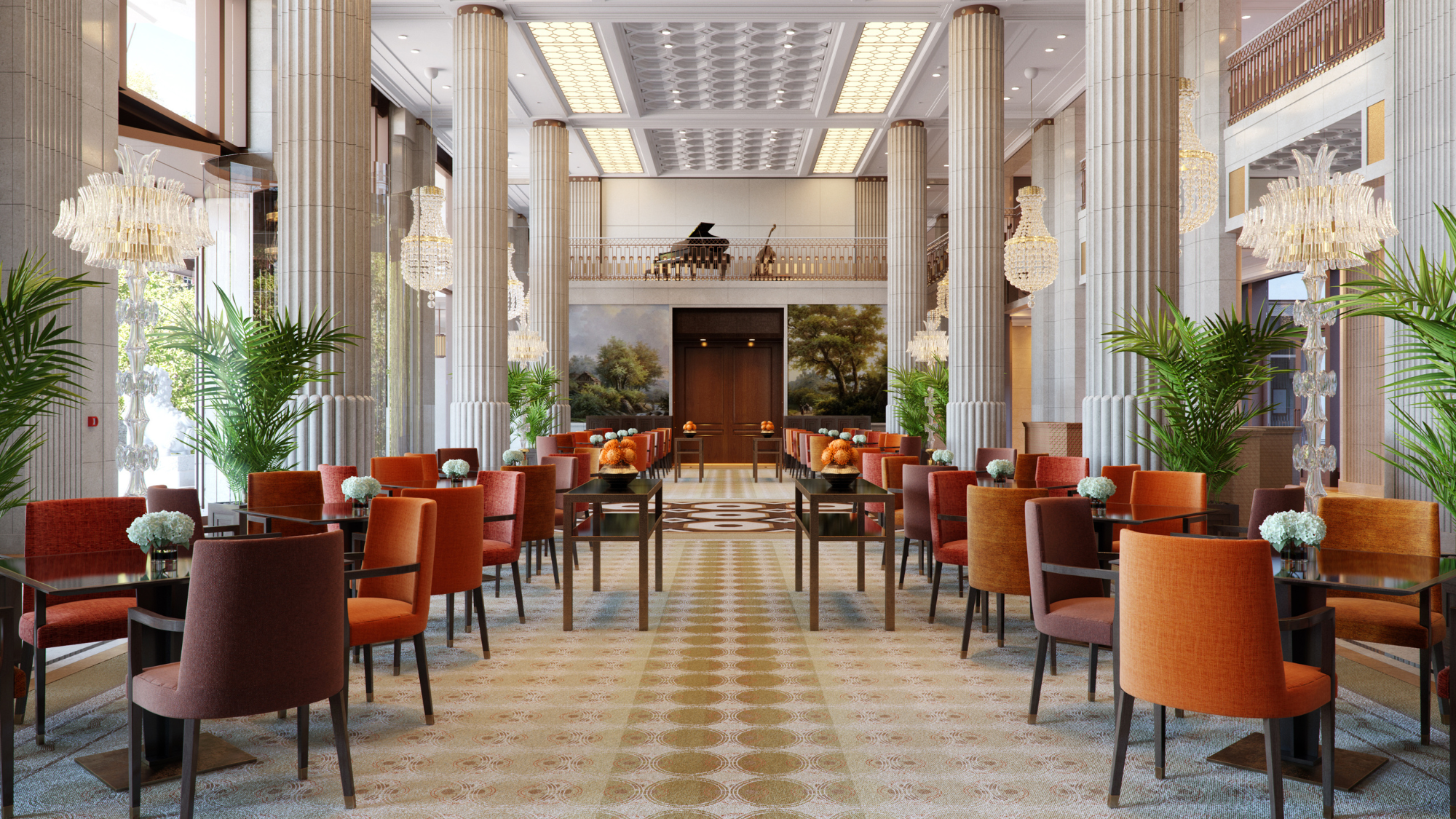 The Peninsula: London’s first billion-pound hotel
The Peninsula: London’s first billion-pound hotelThe Week Recommends As the capital’s super-luxury hotel scene continues to expand, the respected brand is still setting the standard